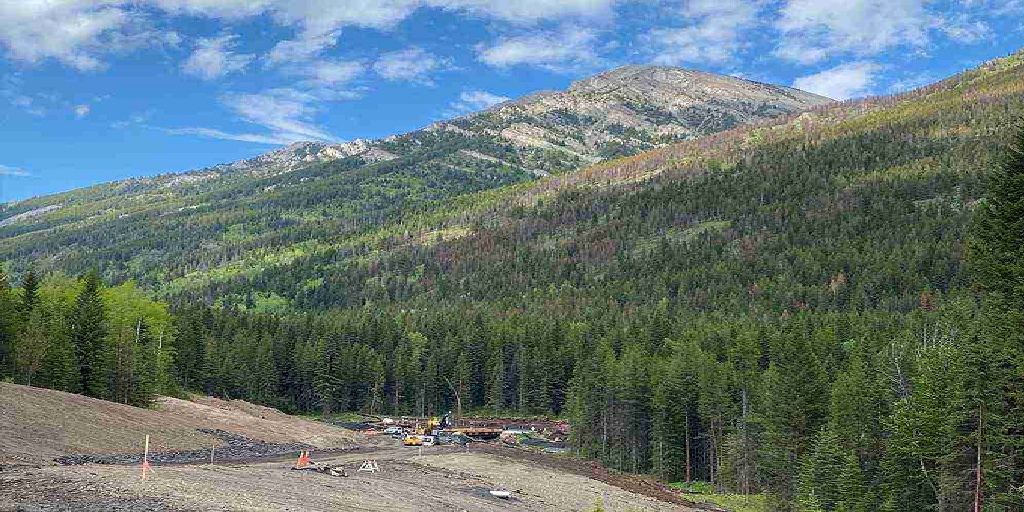When it comes to property development, renovations, or new construction, hiring a qualified contractor is often seen as the most important step. But what many homeowners, developers, and even seasoned builders overlook is how critical land surveyors are to the process. Surveyors in Edmonton play a highly specialized role—one that goes far beyond what a contractor is trained or licensed to do.
So, what exactly do land surveyors check that your contractor might not? Here’s a breakdown of why these experts are vital to getting your project off the ground—safely, legally, and accurately.
1. Property Boundaries: Precision That Prevents Legal Headaches
A contractor may be skilled at building structures, but determining the exact legal boundaries of your property is not part of their job description. Only professional surveyors in Edmonton are trained and authorized to establish accurate property lines.
Why does this matter? Even building a few inches onto your neighbour’s land can result in major disputes, legal action, or municipal orders to tear down or modify the structure. Surveyors use historical land records, title information, and advanced measurement tools to map out the true extent of your lot. This ensures your project stays within legal bounds—and your relationship with the neighbours stays intact.
2. Easements and Right-of-Way Issues
Easements are legal rights that allow others—such as utility companies or adjacent property owners—to access certain parts of your land. These are often invisible to the naked eye and can easily be missed by a contractor focusing only on physical construction.
Surveyors in Edmonton identify these legal limitations during a property survey. They’ll show you areas where building is restricted, helping you avoid violating agreements or blocking access that could lead to penalties or forced changes.
3. Topography and Grading: It’s Not Just About Flat Land
Contractors often look at the ground surface from a structural point of view—can it hold the building? But surveyors take it several steps further. A topographic survey provides detailed elevation data, showing slopes, dips, and drainage patterns that influence how water flows across your site.
Improper grading can lead to flooding, foundation damage, or erosion. Surveyors in Edmonton help ensure your project is designed with these risks in mind, allowing for better drainage planning, landscaping, and environmental compliance.
4. Zoning Compliance and Setbacks
Every municipality has zoning bylaws that dictate what can be built and where. This includes setback requirements—minimum distances that structures must be from property lines, roads, or water bodies. Contractors may not be fully familiar with local bylaws or changes in regulations.
A land surveyor reviews municipal requirements and overlays that information on the physical layout of your lot. This step is crucial to avoid delays in permitting, costly redesigns, or non-compliance notices from city officials.
5. Verifying Legal Descriptions and Title Information
Before construction begins, it’s important to ensure that what’s written in your title documents matches what exists on the ground. Mistakes or outdated descriptions can lead to serious delays.
Professional surveyors in Edmonton are trained to verify the legal description of your property and correct discrepancies before they become a problem. This is especially critical during land sales, subdivisions, or large-scale developments.
Before breaking ground, make sure a land surveyor is part of your team. It’s a step that protects your investment, avoids costly surprises, and ensures long-term success.
For more information about Land Survey Companies Saskatchewan and Land Survey Companies Regina Please visit: CORE Geomatics.

